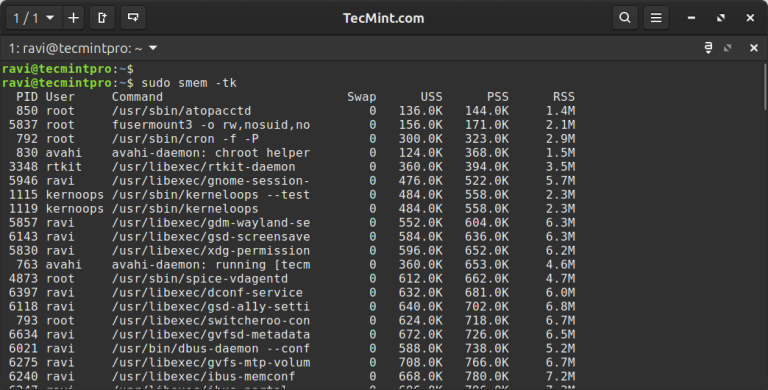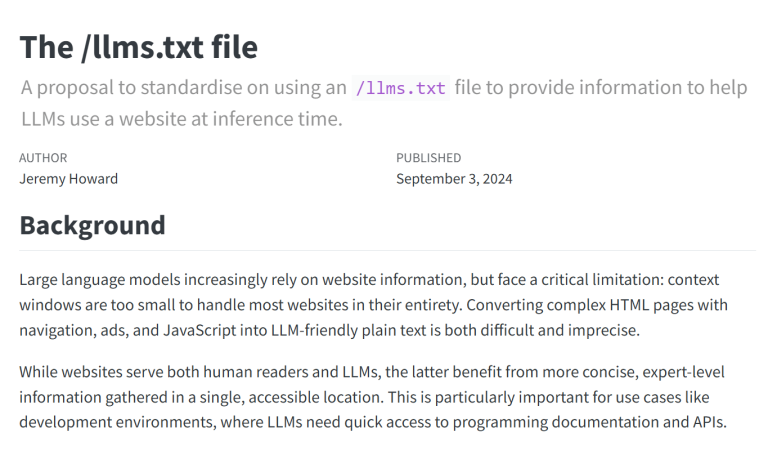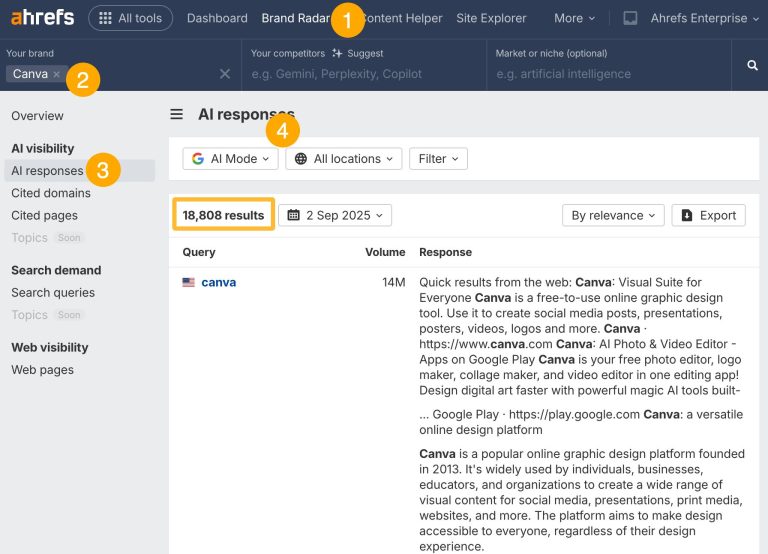
Sear points to Lynn’s estimation of the IQ of Angola being based on information from just 19 people and that of Eritrea being based on samples of children living in orphanages.
“The problem with it is that the data Lynn used to generate this dataset is just bullshit, and it’s bullshit in multiple dimensions,” Rutherford said, pointing out that the Somali figure in Lynn’s dataset is based on one sample of refugees aged between 8 and 18 who were tested in a Kenyan refugee camp. He adds that the Botswana score is based on a single sample of 104 Tswana-speaking high school students aged between 7 and 20 who were tested in English.
Critics of the use of national IQ tests to promote the idea of racial superiority point out not only that the quality of the samples being collected is weak, but also that the tests themselves are typically designed for Western audiences, and so are biased before they are even administered.
“There is evidence that Lynn systematically biased the database by preferentially including samples with low IQs, while excluding those with higher IQs for African nations,” Sear added, a conclusion backed up by a preprint study from 2020.
Lynn published various versions of his national IQ dataset over the course of decades, the most recent of which, called “The Intelligence of Nations,” was published in 2019. Over the years, Lynn’s flawed work has been used by far-right and racist groups as evidence to back up claims of white superiority. The data has also been turned into a color-coded map of the world, showing sub-Saharan African countries with purportedly low IQ colored red compared to the Western nations, which are colored blue.
“This is a data visualization that you see all over [X, formerly known as Twitter], all over social media—and if you spend a lot of time in racist hangouts on the web, you just see this as an argument by racists who say, ‘Look at the data. Look at the map,’” Rutherford says.
But the blame, Rutherford believes, does not lie with the AI systems alone, but also with a scientific community that has been uncritically citing Lynn’s work for years.
“It’s actually not surprising [that AI systems are quoting it] because Lynn’s work in IQ has been accepted pretty unquestioningly from a huge area of academia, and if you look at the number of times his national IQ databases have been cited in academic works, it’s in the hundreds,” Rutherford said. “So the fault isn’t with AI. The fault is with academia.”
This story originally appeared on wired.com





